Feature
How To Read History So You Can Predict The Future

Bruno Boksic
July 25, 2018
“We have fallen upon evil times, the world has waxed old and wicked. Politics are very corrupt. Children are no longer respectful to their elders. Each man wants to make himself conspicuous and write a book.“
When do you think this quote was written? Doesn’t it sound like something which is relevant today? I was shocked when I found out it was written in 5,000 B.C.E. which means that this quote is more than 7,000 years old.
If someone asked me today to predict what will stay relevant 7,000 years later, I wouldn’t know where to start.
Well, for us to answer that question, we need to go back in time and see what didn’t change because in a world that is constantly changing we need to focus on what has remained constant.
As Jeff Bezos, the founder of Amazon, says, “Don’t ask what is going to change in the next ten years. Ask what’s not going to change in the next ten years. Because you can build a life around the second one but not on the first one.”
(This image was created using elements from this image and this image, both designed by Freepik)
How To Study History
How do we study history in order to be able to predict the future?
It’s a notorious task because in today’s age all information is available, almost for free and with a single click. Before the Internet, the person who had access to the information (newspaper editors, the head-honchos of news channels, radio broadcasters, etc.) had immense value.
But today, with all the information available to us, it is the ones who can ignore the noise and focus on the right information who will have the advantage. So it’s no longer about the availability of information, but about finding and focusing on the correct data.
And with that, we come to the books that can show us what history was like – the history we are doomed to repeat if we don’t learn from it. But how do we decide, in a world where “everyone wants to write a book”, what kind of a book we need to read to get the right information? How do we know what kind of information we need to focus on?
To determine that, we will explore two concepts that can easily cut out almost 99% of the books (noise) and leave us only with those that will teach us history that will enable us to predict the future.
The first concept is “The Lindy Effect” and the second one is “First Principles Thinking”.
The Lindy Effect
I will borrow the words from Nassim Taleb’s 2012 book Antifragile: Things That Gain From Disorder to explain “The Lindy Effect”:
“If a book has been in print for forty years, I can expect it to be in print for another forty years. But, and that is the main difference, if it survives another decade, then it will be expected to be in print another fifty years. This, simply, as a rule, tells you why things that have been around for a long time are not “aging” like persons, but “aging” in reverse. Every year that passes without extinction doubles the additional life expectancy. This is an indicator of some robustness. The robustness of an item is proportional to its life!”
Think about books which have been in print for 50 years like A Hero With A Thousand Faces by American mythologist Joseph Campbell or How To Win Friends & Influence People by Dale Carnegie, which was first printed 80 years ago.
Will these books continue ‘living’ for another 50 or 80 years?
How about books which are even older and which teach us even more profound life lessons?
You have philosophical masterpieces written 120 years ago by Nietzsche, Tolstoy’s War and Peace, written 150 years ago, political pieces like the 500-year-old Machiavelli’s The Prince, and even religious books like the Bible, which was written 2000 years ago. We can also go back to the Greeks and read pieces like Plato’s The Republic or Aristotle’s The Nicomachean Ethics written in 350 B.C.E.
People read these books today because they give us answers to (and make us question) the problems we face today. These books show us that people, even 2,000 years ago, faced similar challenges and problems, and had similar aspirations and ambitions as we do today.
These books have been written on subjects that didn’t change over the years and that’s why they are still relevant. It is the lessons from these books that we must internalise.
But just because a book is old and still being bought and read, does it mean that the information inside it is accurate and good for predicting the future?
To deal with this conundrum, we have the second criteria a book must fulfil and it’s called “First Principles Thinking.”
First Principles Thinking
Farnam Street, a website devoted to mental models, which help you learn, read, understand the world, and make better decisions, defined First Principles Thinking as:
“…, it’s a tool to help clarify complicated problems by separating the underlying ideas or facts from any assumptions based on them. What remains are the essentials. If you know the first principles of something, you can build the rest of your knowledge around them to produce something new. “
First principles are the fundamentals of academic disciplines. These include the main laws of physics, the main ideas driving chemistry, big tools of mathematics, the guiding principles of biology, basic concepts of human psychology, and the working concepts behind business and markets.
The closer a book is to the big, central ideas of a field and the older it is, the better the book will be. You will be able to understand the fundamentals of the discipline and predict the future better by taking in that information.
For example, It’s better to begin by reading and learning about the fundamental ideas of capitalism and economy from Adam Smith in his The Wealth of Nations to understand the basic idea of politico-economics. Once you have a deeper understanding of the discipline and its fundamentals, then, and only then, should you move on to a narrower area within the field.
If you read books which fulfil these two criteria, you will be better equipped to understand the past and the present and to predict the future.
Looking Past The Present
If you want to build a big building, you first need to dig deep foundations. It’s the same with books and our lives.
If you want to predict the future, you need to understand the present. And if you want to understand the present, you need to study history.
Make a list of the books that pass the two criteria of “The Lindy Effect” and “First Principles Thinking” and start reading – your future may depend on it.
Have you ever used “The Lindy Effect” and “First Principles Thinking” while deciding what to read? What do you think of this method? Share with us in the comments.
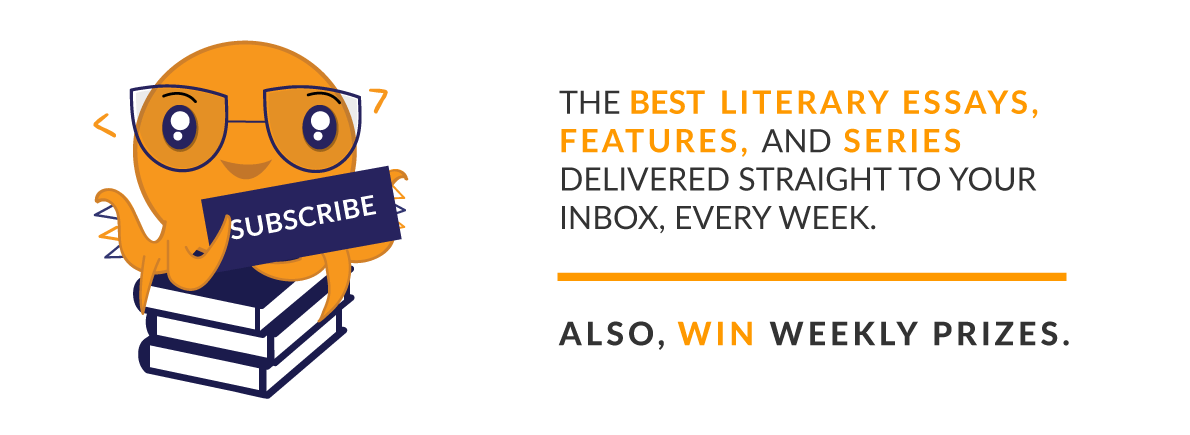

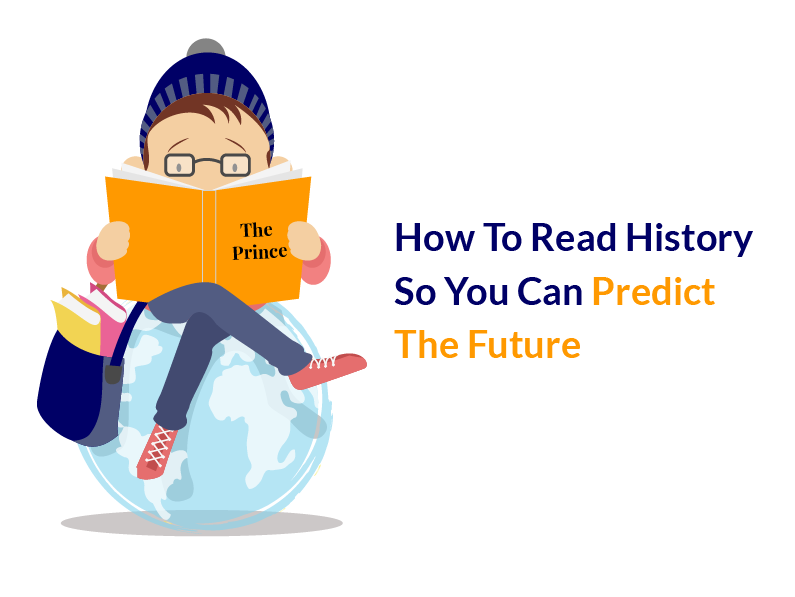
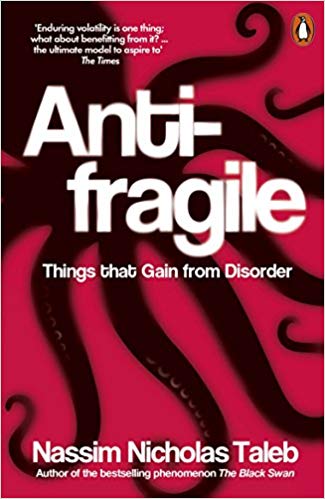
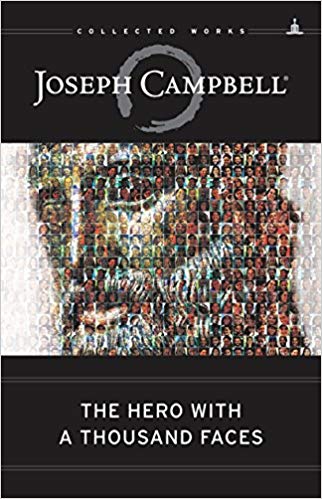



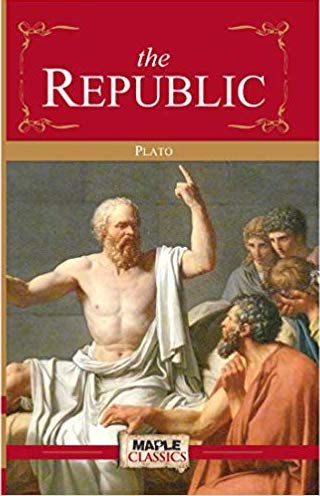

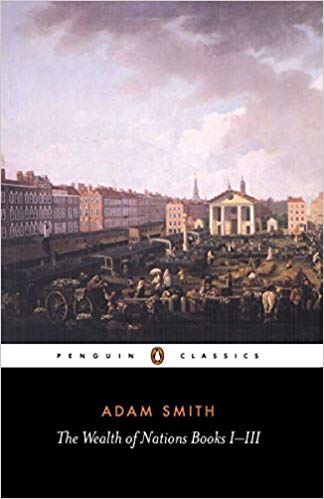

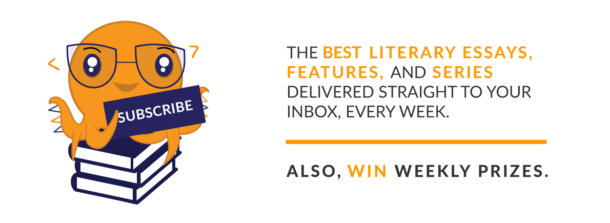
Please suggest some books which satisfy the criteria.